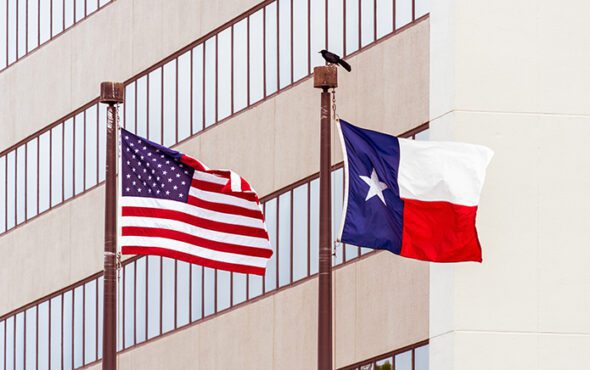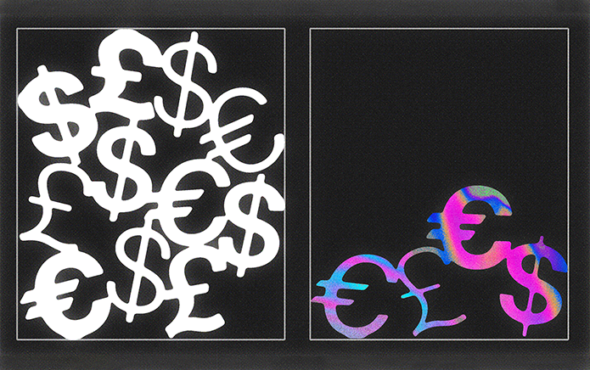
A US judge has extended a temporary order preventing the application of Texas’ law limiting drag performances.
US District Court Judge David Hittner of the Southern District of Texas extended a temporary restrainer order for two weeks which prevents the enforcement of Senate Bill 12.
Senate Bill 12, which restricts “sexually oriented performances” was set to go into effect on 1 September and was originally passed back in April.
Bill 12 aims to ban performances on public property where a performance will be viewed by attendees under the age of 18.
Though the Bill’s text does not directly refer to drag performances, local politicians have previously described how the bill would target such activity.
Texas’ Lt. Gov. Dan Patrick previously said in a statement the bill would prohibit “sexualized performances and drag shows in the presence of a minor.”
Hittner first implemented the restraining order on 31 August and will expire either 14 days from the date of being issued or on a date set by the US District Court.
“Today’s decision is another much-needed reprieve that prevents SB 12 from irreparably harming the rights and freedoms of all Texans, especially LGBTQIA+ Texans and the plaintiffs in this case,” ACLU (American Civil Liberties Union) of Texas attorney Brian Klosterboer said in a press release. “Drag is a form of artistic expression protected under the First Amendment with roots dating back millennia.”
Taking to Twitter (also known as X), ACLU of Texas tweeted in response to news of the extended block on the anti-drag ban: “This ban targeting LGBTQIA+ Texans would make our state less free, less fair, and less welcoming.”
READ MORE: First US drag show ban stokes fears of violence
This is not the first time an anti-drag law has been blocked as US conservative seeks to enforce a crackdown on LGBTQIA+ expression.
Bans, targeting drag shows, have been blocked in both Florida and Montana. Similarly, an anti-drag law in Tennesse which categorised drag performances as “adult entertainment” was struck down as it was deemed “unconstitutional”.



